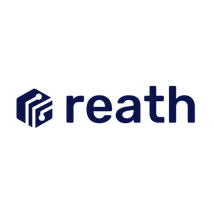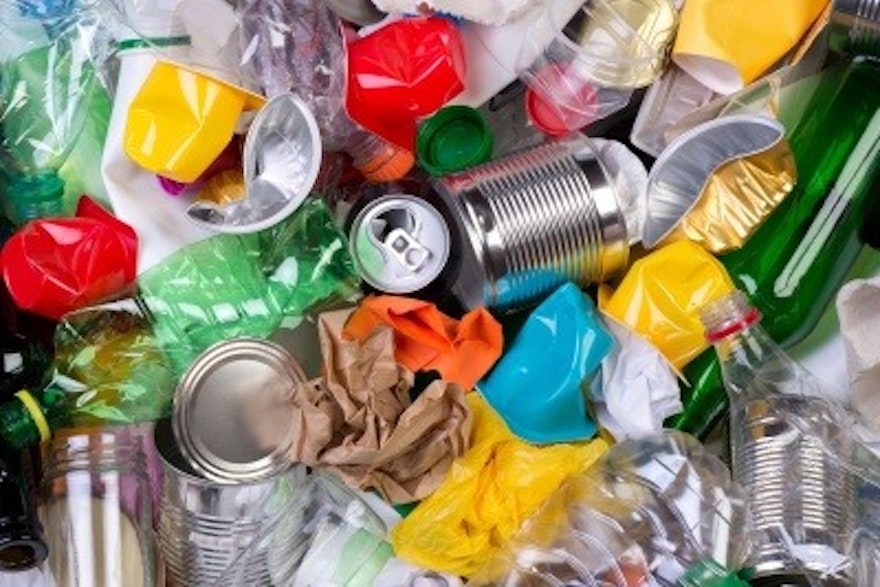The UK's Extended Producer Responsibility (EPR) legislation introduces a significant shift in how businesses manage packaging waste. Building on the Packaging Waste Regulations, EPR places greater financial and operational responsibility on producers, ensuring they cover the full lifecycle costs of the packaging they place on the market. This approach aligns with the principle that the "polluter pays," encouraging businesses to adopt more sustainable practices.
What Does EPR Mean for Businesses?
Under the UK's Extended Producer Responsibility (EPR) legislation, businesses of all sizes will need to take a more active role in managing the environmental impact of their packaging. The legislation introduces mandatory reporting requirements, with companies required to provide detailed data on the materials, volumes, and recyclability of the packaging they place on the market. These reporting obligations began in 2023.
From 2025, producers will also be required to pay fees based on this data. These fees are designed to reflect the environmental cost of packaging, incentivising businesses to adopt more sustainable practices. Importantly, these fees are set to increase over time, particularly for single-use packaging. Combined with the UK’s Plastic Packaging Tax, businesses could see their packaging costs rise by up to tenfold.
This creates a clear imperative for businesses to reassess their packaging strategies. Factors such as material recyclability, the volume of packaging used, and its end-of-life impact will directly influence costs under EPR. For smaller businesses, meeting reporting thresholds may seem daunting, while larger enterprises face the challenge of managing vast data requirements.
Adapting to these regulations is essential for avoiding penalties and managing escalating costs. At the same time, it presents an opportunity to align with growing consumer demand for responsible, sustainable packaging. By shifting to reusable packaging systems, businesses can reduce material use, minimise their tax liability, and support the transition to a circular economy.
Circular Economy To The Rescue
The Extended Producer Responsibility (EPR) legislation doesn’t just aim to reduce waste; it plays a key role in supporting the circular economy. By shifting financial and operational responsibility for packaging waste to producers, EPR incentivises businesses to adopt packaging solutions that are more sustainable, reusable, and recyclable.
Single-use packaging is a major contributor to waste and environmental degradation. EPR directly challenges this by significantly increasing the cost of traditional single-use packaging options, motivating businesses to explore alternatives such as refillable containers, deposit return schemes, or packaging that’s designed for multiple uses. As a result, these regulations not only reduce waste but also lay the groundwork for innovative circular business models.
The benefits extend beyond the environment. Businesses embracing reuse and circular systems can gain access to cost savings in the long run, lower tax liabilities, and a more resilient supply chain. Additionally, consumers increasingly value brands that align with their sustainability values, creating an opportunity to build trust and loyalty through circular packaging strategies. With EPR acting as both a regulatory requirement and a catalyst for change, it’s a powerful driver in accelerating the transition to a circular economy. Businesses that adapt now can not only mitigate the upcoming fees, but also position themselves as leaders in sustainability, paving the way for a more efficient and environmentally responsible future.
How Reath Can Help You Adapt to EPR
Navigating the complexities of the UK’s Extended Producer Responsibility (EPR) legislation can feel overwhelming, but Reath is here to help. Our suite of tools empowers businesses to comply with EPR, reduce costs, and transition to more sustainable packaging systems.
Packaging Comparison Feature
Reath’s Packaging Comparison feature provides businesses with data-driven insights to evaluate their packaging options. By analysing factors such as cost, carbon impact, and compliance with EPR and the Plastic Packaging Tax, this feature helps you make informed decisions. Whether you’re exploring reusable containers or assessing the recyclability of materials, this feature is a critical resource for optimising your packaging strategy. Find out more
Track and Trace for Reusable Packaging
If you’re ready to roll out a reusable packaging strategy, Reath’s track-and-trace system simplifies reusable packaging management with GS1-compliant QR codes, RFID, or NFC tags. Track individual items in real-time, monitor reuse rates, and collect the data needed for EPR compliance. This technology helps reduce costs, improve system efficiency, and showcase your sustainability efforts. Find out more
Digital Product Passports
Reath’s Digital Product Passports help businesses meet upcoming EU legislation by tracking packaging lifecycles, providing material data, and ensuring compliance with new transparency standards. By creating Digital Product Passports for each piece of packaging, you can also share information directly with your customers, like their environmental impact for shopping with you, how many times the packaging has been used, or how to return it to you! Find out more
Building a More Sustainable Future
Adapting to EPR isn’t just about meeting regulations—it’s about seizing the opportunity to lead in sustainability. With consumers increasingly prioritising environmentally responsible brands, transitioning to reuse can enhance your reputation and build long-term trust.
Reath is your partner in this journey, offering the technology, insights, and support to make compliance seamless and sustainability achievable. By building a sustainable packaging strategy, you can align your business with circular economy principles while reducing costs and environmental impact.
Want to learn how Reath can help you transition to more sustainable packaging, set up reusable packaging, or reduce your costs from EPR? Contact us today to explore tailored solutions for your business.

